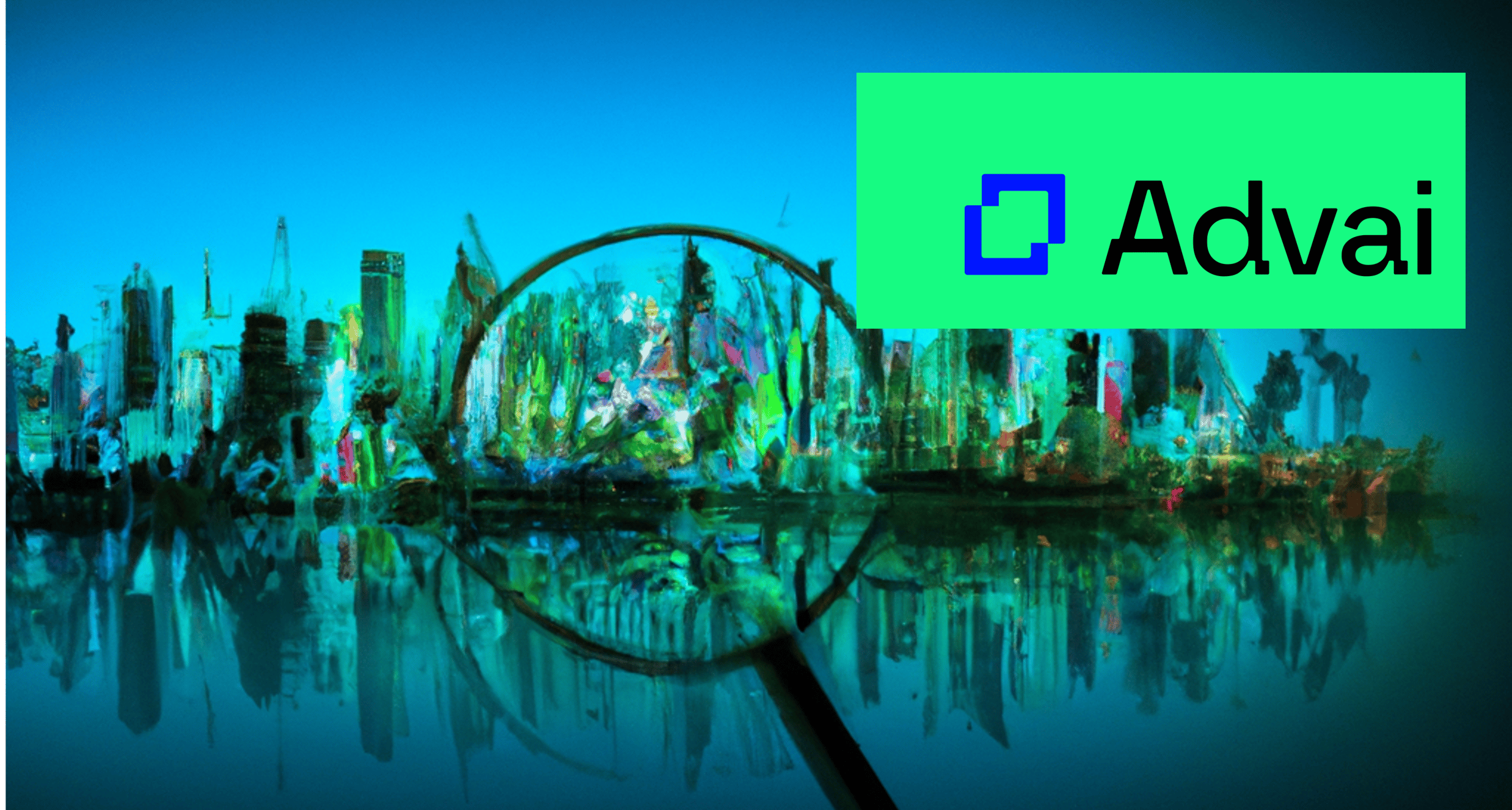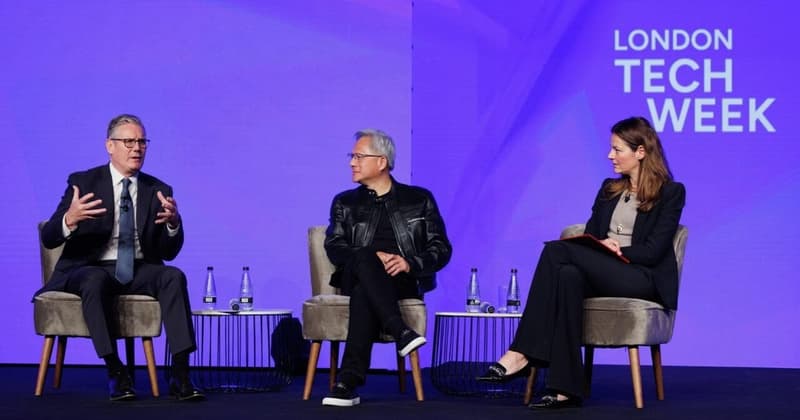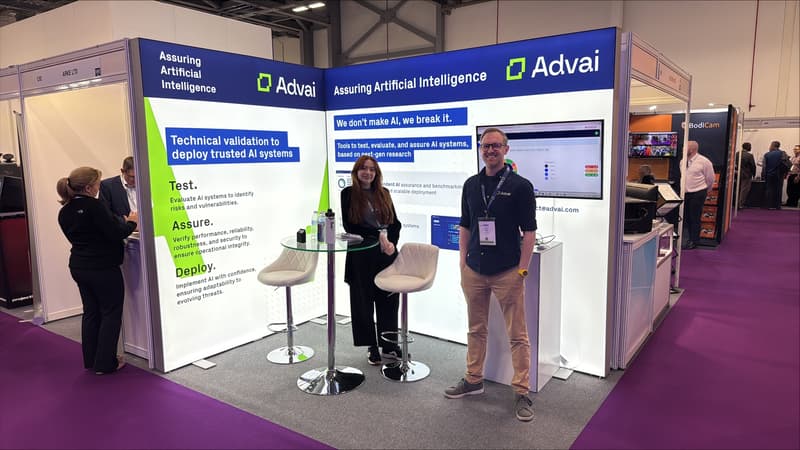But technological revolutions always come with negative repercussions.
a) The wheel meant fewer donkeys were burdened, but also led to tanks.
b) The industrial revolution mechanised production and birthed modern capitalist markets but brought with it financial crises and climate change.
c) The internet created an explosion in information sharing but also became the platform for the perfect propaganda and social manipulation machine that has shaken the bedrock of democracy.
These were generally all solid ‘net positive’ advances for humankind. However, reflecting on the negative repercussions of these pivotal moments, three things jump out.
- The negative consequences borne from new technology tend to magnify over time because the technology can affect a greater number of people.
As a software driven intelligence, AI will be able to ‘go’ wherever computer chips are and will be able to ‘get there’ wherever the internet reaches. Automated decision-making AI systems will be literally laser-beamed through space to reach virtually any spot-on earth. Whether positive or negative, it’s clear the impact of AI will be pervasive.
- It seems like people at the time should have foreseen and prepared for these threats.
We’re not in the dark when it comes to the risks of modern AI.
- Unreliable AI can lead to errors, or decisions made without balance and human oversight.
Robustness = Knowing where AI breaks down guides where human oversight should be.
- Reality can differ from a model's training environment.
Robustness = We can train systems to recognise when they’re out of their depth.
- Environments change over time, models can ‘drift’.
Robustness = Processes can be put in place to help models gracefully deal with change.
- Biased algorithms can perpetuate and intensify systemic prejudices, compromising fairness and equality.
Robustness = Training data can be analysed for its representativeness and augmented.
- A lack of transparency can cloak the unintended consequences of AI operations until they’re too late to rectify.
Robustness = Well-documented systems can improve human accountability and identify hidden objectives.
- Artificial intelligence has the beauty of being programmable, so we can make it intrinsically trustworthy.
Perhaps most important, and unlike the wheel or the internet, AI systems are currently fully software and process based. At each step of the development lifecycle and throughout a system’s lifetime in use, robustness can be built into its very fabric. This breeds a level of reliability into AI that means you can ‘look away’ with confidence, not worry about blowback and trust that the system will work in line with human interests.










